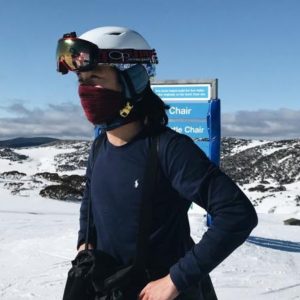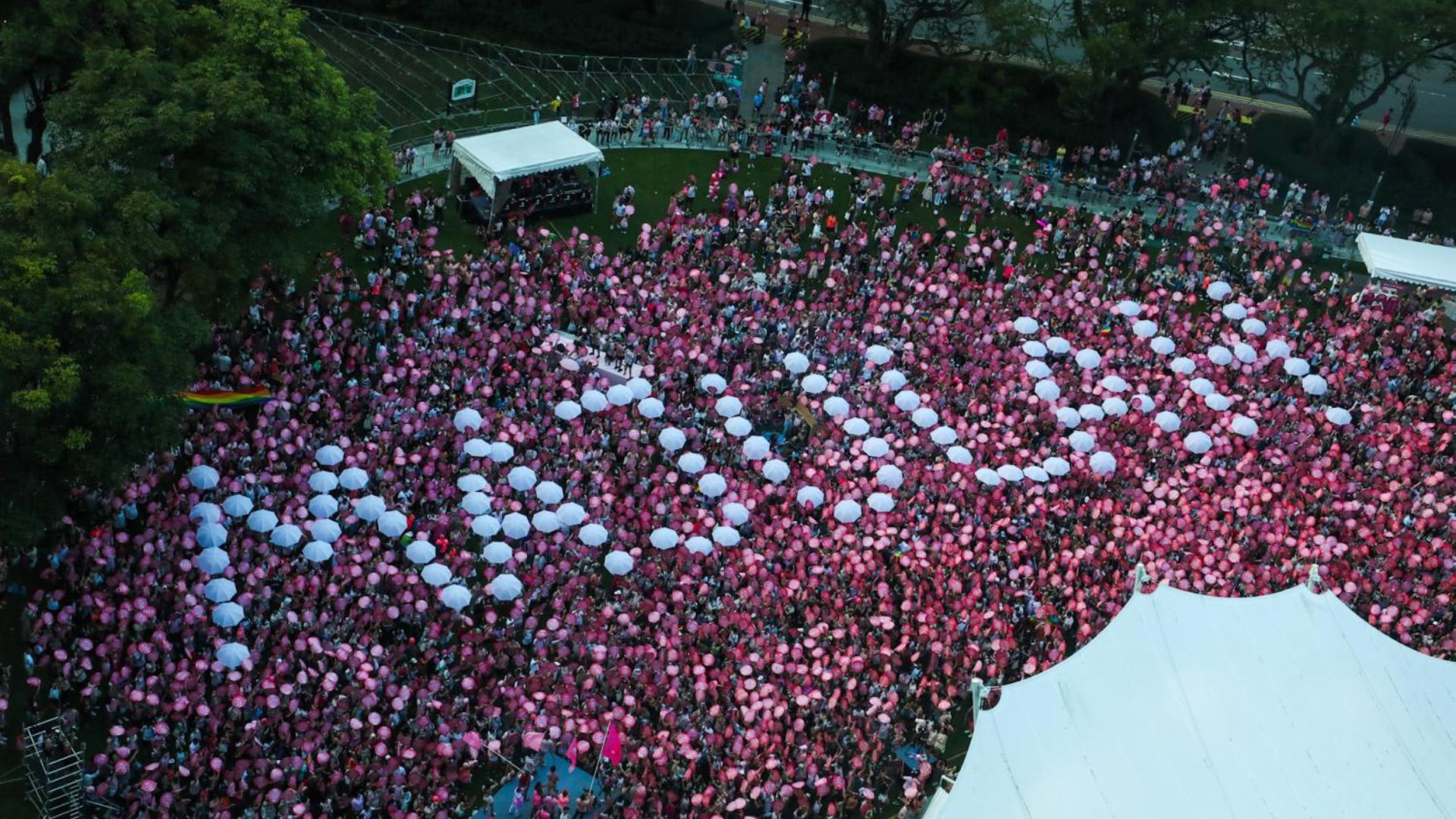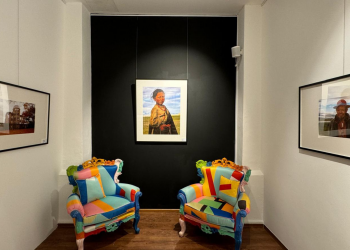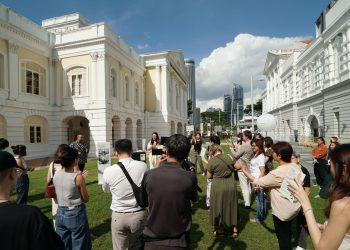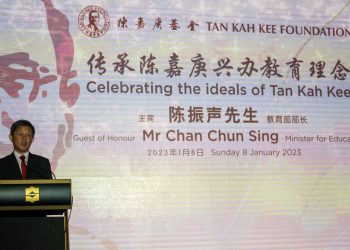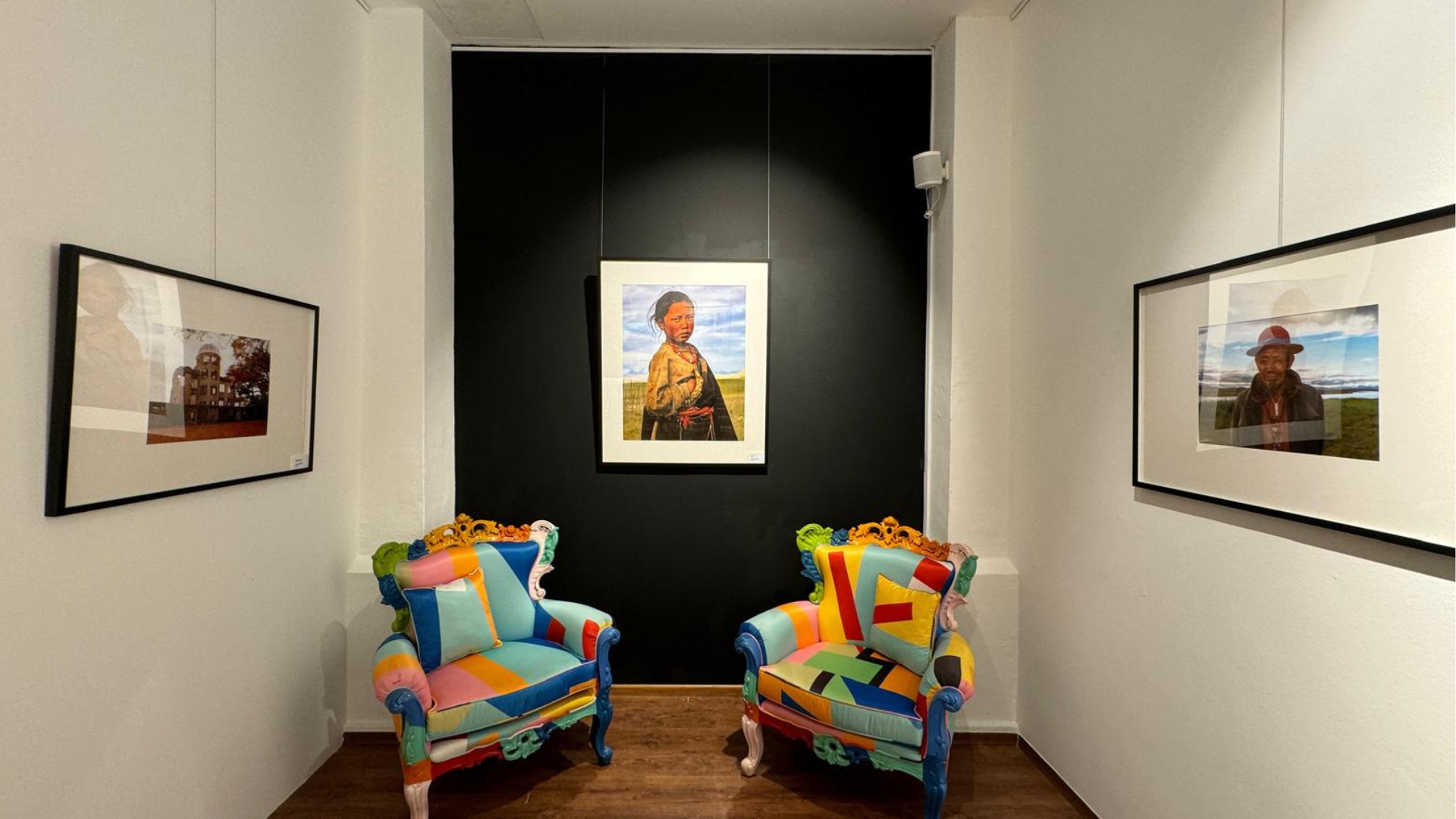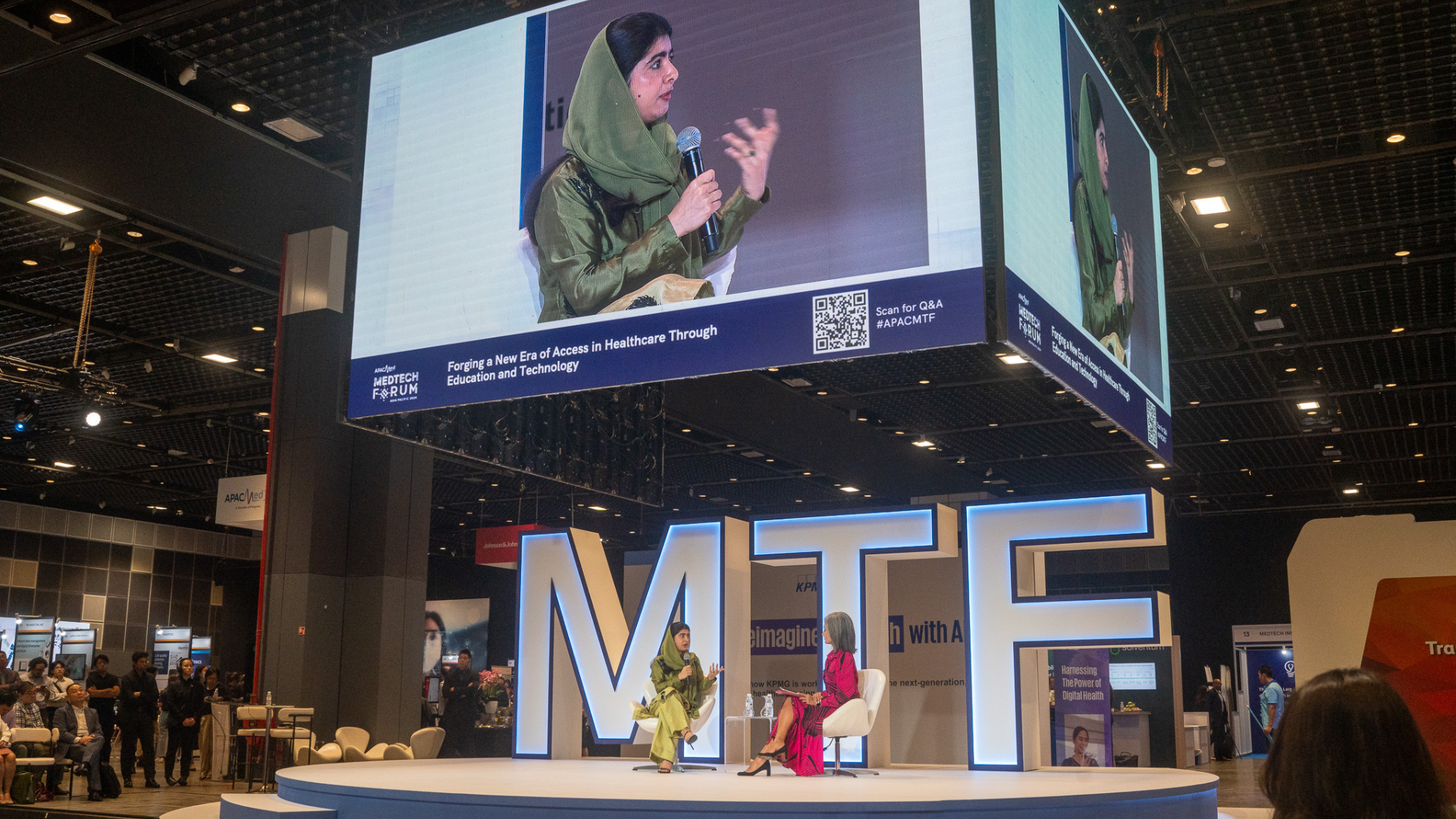It was on 18 June that Pink Dot SG returned to Hong Lim Park for edition number 14.
Thousands of supporters and activists thronged the landmark LGBTQ+ rally excitedly after a two-year hiatus from physical gatherings due to the Covid-19 pandemic.
Even spotted at the event were Members of Parliament Henry Kwek and Jamus Lim, making them the first elected politicians to have popped their proverbial pink cherries, as reported by Mothership.
Netizens were quick to offer their opinions on the rare MP sightings, comparing the coverage of publications and social media attention received. So does it really matter who was first to attend the Pink Dot SG event?
In many ways, yes. In fact, Mr Kwek and Mr Lim are not the first politicians to have attended Pink Dot SG. Singapore Democratic Party’s (SDP) Vincent Wijeysingha, in his personal capacity, and then National Solidarity Party (NSP) member Nicole Seah were at the 2011 event. Mr Wijeysingha officially came out on his Facebook page two years later, in 2013.
Pink Dot SG is mainly a rally for changes in the laws that govern the Singaporean community.
It’s important to mark and celebrate the incremental milestones in the process. But let’s not get distracted by the grabbing headlines and focus on the question at hand – What will it take for the island republic to repeal section 377A?
Birth of Pink Dot: To show support for inclusiveness, diversity and the freedom to love
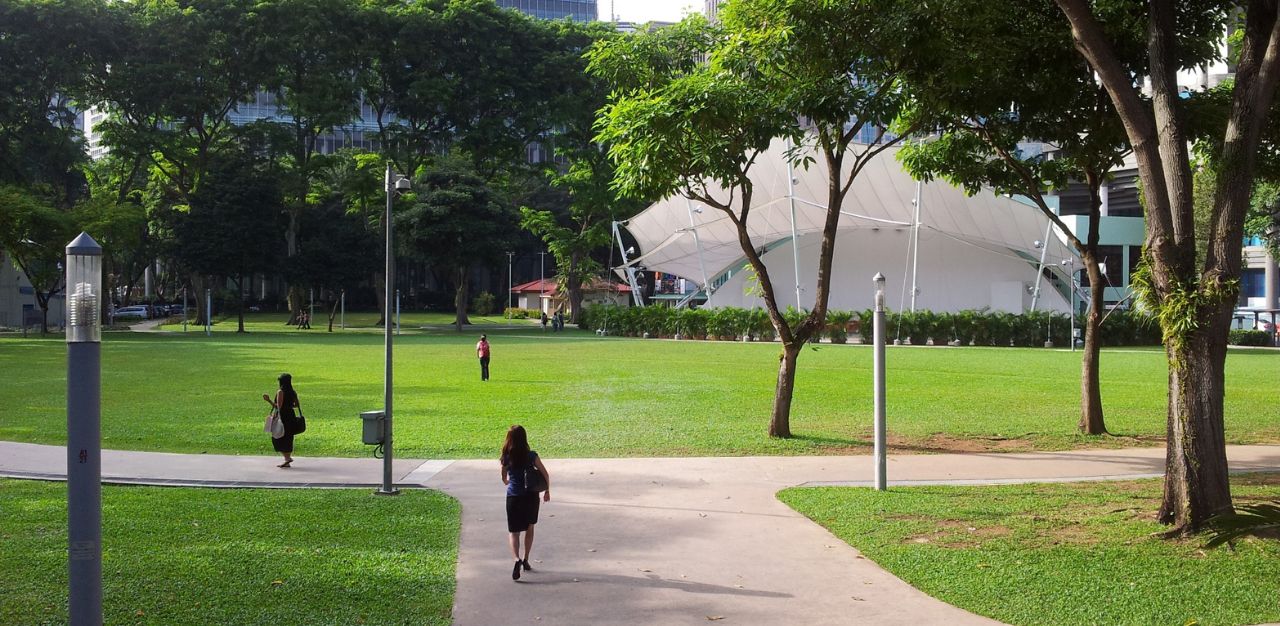
In 2000, the Speaker’s corner at Hong Lim Park became Singapore’s first outdoor legal public-speaking venue where visitors could give public speeches without the need for various licences.
This came in the wake of public discourse about rights to assembly in 1999, after opposition politician Chee Soon Juan was fined for giving two public speeches at Raffles Place.
Regulations at the Speaker’s Corner were further relaxed in 2004 and 2008 when performances and public demonstrations were permitted there, paving the way for Singapore’s first ever public pro-LGBT rally on 19 May 2009.
The annual rally grew over the years in both attendance and public support from everyday Singaporeans, celebrities, and politicians.
They included Kenneth Jeyaretnam and Roy Ngerng of the Reform Party, and Dr Chee Soon Juan of the SDP; and theatre actors Pam Oei, Ivan Heng, Glen Goei and couple Lim Kay Siu and Neo Swee Lin.
This goes to show that despite the lack of an elected MP’s presence then, there has been political support for the event since its offset.
While the media headlines over this year’s rally seem to focus on awarding accolades to those who attended, it might just well indicate an underlying shifting of tides.
There’s a first time for everything
Pink Dot SG, the non-profit movement, was started by a group of individuals who care deeply about the place that LGBTQ Singaporeans call home. It is a group for everyone, straight and gay, who support the belief that everyone deserves the freedom to love and with openness and acceptance, and it hopes to bring LGBTQ Singaporeans closer to their family and friends.
The last time Pink Dot SG was organised in-person was in 2019, when it focused on Section 377A of the Penal Code that criminalises sex between men and efforts to repeal this archaic law.
On 28 February, the Court of Appeal ruled that Section 377A cannot be used to prosecute men for having gay sex, but will be upheld as a law. This ruling came about after challenges against the Singapore Constitution were brought by veteran LGBTQ+ activist Roy Tan, disc jockey Johnson Ong Ming, and Mr Bryan Choong, the former executive director of LGBTQ+ organisation, Oogachaga.
The three men argued for the abolition of the law on grounds that it violates their constitutional rights.
High Court judge See Kee Oon had dismissed the original challenges made in March 2020, so the trio turned to the Apex Court to appeal against the decision. While the law remains, Chief Justice Sundaresh Menon, who led a five-judge panel, declared the law as “unenforceable in its entirety”.
In a Parliamentary hearing on 3 March, Home Affairs Minister K. Shanmugam reiterated that the Government is carefully considering the best way forward on Section 377A of the Penal Code.
“We must respect the different viewpoints, consider them carefully, and talk to the different groups,” he told Parliament.
“If and when we decide to move, we will do so in a way that continues to balance these different viewpoints, and avoids causing a sudden, destabilising change in social norms and public expectations,” he added.
A month later, Mr Shanmugam told the House the Government has been consulting with and will continue to speak to diverse groups of Singaporeans to better understand their viewpoints on 377A and will consider the various views carefully as it decides on the next steps for Singapore.
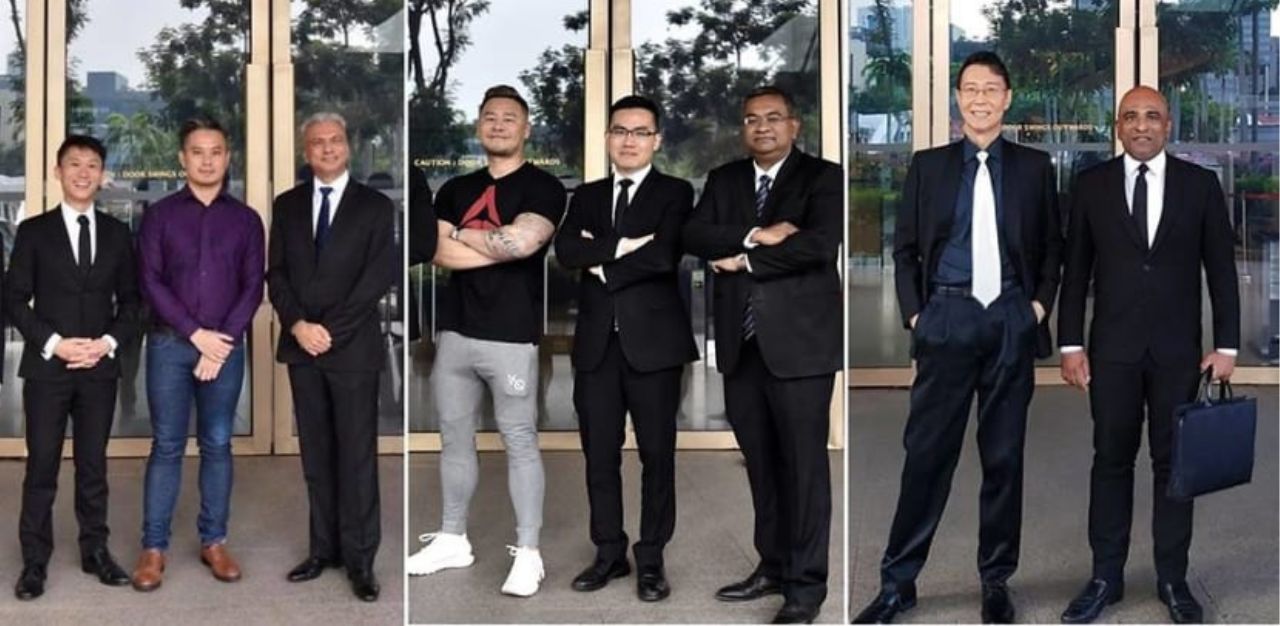
Market research company Ipsos then released its findings on 16 June, that concluded less than half of people in Singapore support a law criminalising gay sex.
The study which polled 500 Singaporeans and permanent residents (PRs), aged 18 years and above, on questions about same-sex relationships in an online survey found that 44 per cent of respondents support the law, down from the 55 per cent who said so in a 2018 study.
“Today, we continue to see a steady shift in societal attitudes, led by younger adult Singaporeans who are more ready to see the country embrace same-sex relationships. At the same time, while the older generation of Singaporeans remains largely opposed to same-sex relationships, we also see attitudes slowly changing,” said Ms Melanie Ng, director of public affairs at Ipsos in Singapore.
While the progress that the yearly Pink Dot rallys strive for builds momentum through societal beliefs and legal proceedings, recent media headlines underscore the hurdles left uncrossed.
In the week leading up to Pink Dot, Singapore’s Infocomm Media Development Authority (IMDA) announced an NC 16 rating for the release of Pixar’s animated film Lightyear due to a same-sex kissing scene, which brought another wave of discourse on society’s perceptions and regulatory frameworks towards homosexuality.
And just days after the annual Pink Dot rally, Parkroyal Collection Pickering, a hotel right next to the Speaker’s Corner, issued an apology to a lesbian couple after staff rejected the couple’s booking for a wedding there, citing “regulations” as its reason.
The hotel apologised only after a screenshot of an email sent to the couple was shared on social media by Prout, a platform for Singapore’s lesbian, gay, bisexual, transgender and queer (LGBTQ) community. The general manager of the hotel said that its associate had made a “wrongful assumption of the law”.
The Home Stretch
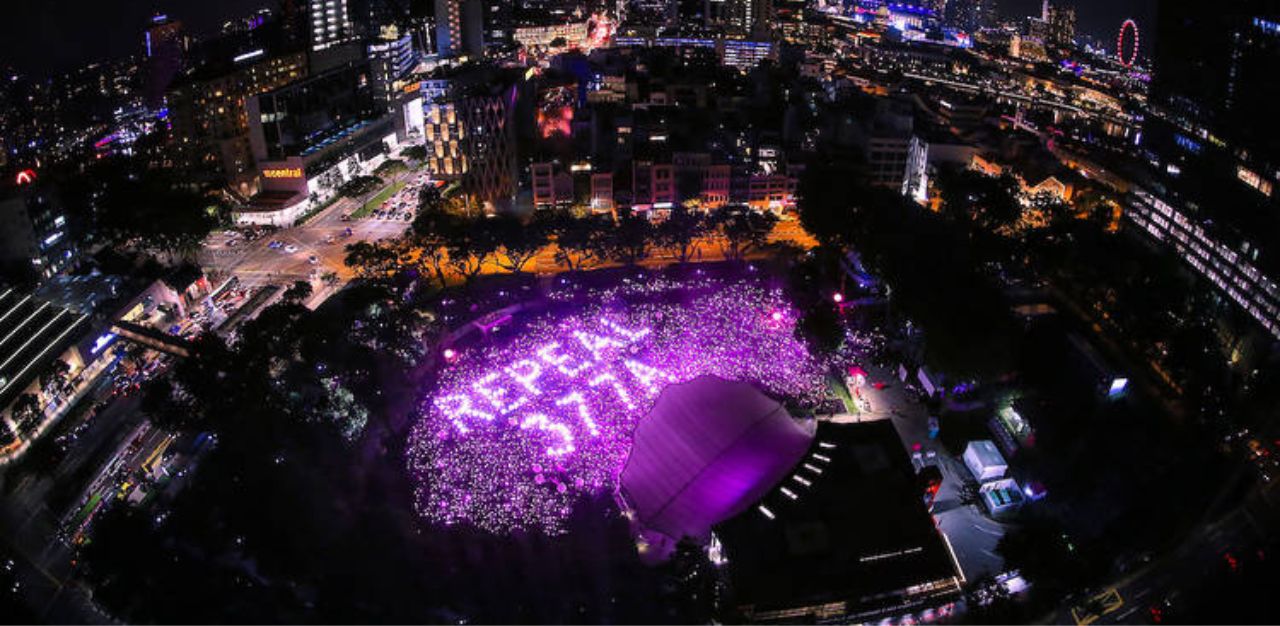
Still, there’s a palpable sense of progress since the rally’s inception.
Speaking to TheHomeGround Asia, Dr Tan says the leaps and bounds made in a series of “firsts” in the Government’s allowing of recent publication in the mainstream media of a slew of LGBT-supportive news, most notably the Ipsos survey, and allowing the first PAP MP Henry Kwek to attend Pink Dot.
Dr Tan was the first to register an LGBT rally at Hong Lim Park in 2008 but postponed it to the following year to spend more time organising. This rally came to be known as Pink Dot SG.
After his recent battle with the courts, Dr Tan shares his optimistic take on the cumulative progress of Pink Dot SG in its efforts to repeal Section 377A.
“In my opinion, the State is going to repeal Section 377A soon, probably before the year is out,” says Dr Tan.
“The sweetening of the ground before a policy change to make Singapore more LGBT-friendly has a historical precedent and was witnessed in the mid-2000s when PM Goh Chok Tong announced that openly-gay employees would henceforth be employed by the Civil Service. These and other measures were undertaken to pull Singapore out of the doldrums of the Asian economic crisis at the time, a scenario which we are again facing with an impending worldwide recession being predicted by many economic analysts,” he adds.
Join the conversations on TheHomeGround Asia’s Facebook and Instagram, and get the latest updates via Telegram.
